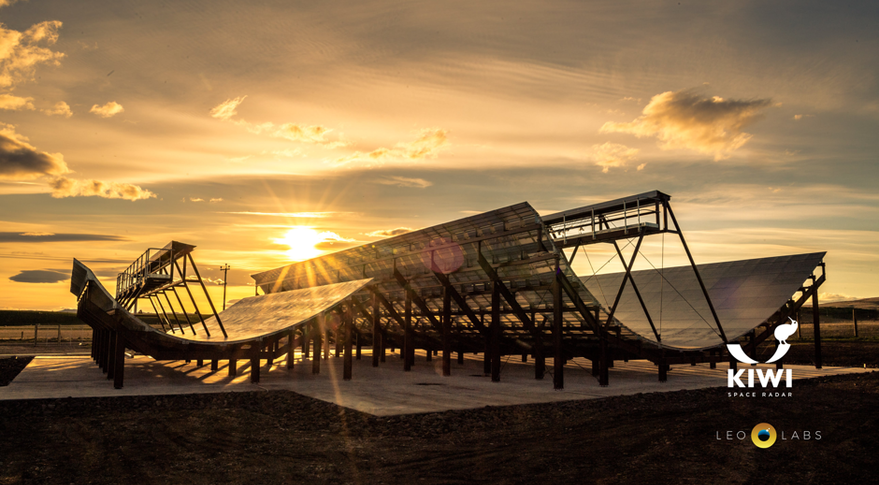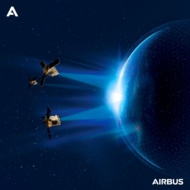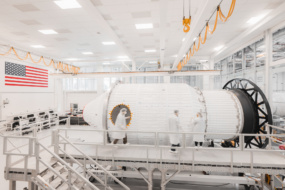This week, LeoLabs launched a space insurance tool in beta. The tool is geared toward underwriters, who can use the service to assess the orbital debris collision hazards in LEO. Specifically, the space insurance tool will let companies and space agencies rapidly determine collision risk; calculate risk probabilities; visualize LEO; predict future collision risk evolution over a satellite’s lifespan; account for all space objects currently tracked; and run forensic analyses.
- The tool is powered by Tableau.
- Users can create tailored dashboards and tap into LeoLabs’ historical database of 10B+ “orbital data products.”
- Also helpful: the tool leverages the 1M+ conjunction events (ie, close flybys) that LeoLabs has monitored since 2018.
- “This tool replaces the hours-long, manual efforts required to integrate conclusions from various sources to assess collision risk,” LeoLabs wrote in a blog post.
LeoLabs 101
The Menlo Park startup set out to map space, one ground radar at a time. It now maintains a high-fidelity, near-real-time catalog of active (and non-active) objects in space. It’s built its own cloud tools to support its compute/storage needs and sells four data services to end users:
- tracking & monitoring
- collision avoidance
- launch & early orbit
- space domain awareness (SDA)
LeoLabs also offers TaaS—tracking-as-a-service, duh—to satellite operators, constellation developers, and future fleet owners.
Enough about the software, let’s talk hardware

LeoLabs currently operates a network of eight ground radars. “We’re adding some new capabilities in Costa Rica,” LeoLabs Senior Technical Fellow Dr. Darren McKnight told Payload, and the startup is working on two more radars down under (in Australia). Finally, LeoLabs is also building three new sites in undisclosed locations. Payload presumes South america and Africa are on the list.
LeoLab’s “life cycle” strategy
Returning to LeoLabs’ latest announcement, we’d call it moving upstream, or maybe up the stack (canonical source of LEO data → sophisticated risk prediction algorithms → space insurance tool).
But McKnight had another term in mind. The space insurance tool is the latest example of building for “a life cycle of space safety.” Moreover, LeoLabs is becoming a “specialty realtor” in space, McKnight said. It can inform future constellation operators where the risky orbits are and help them decide where to place their satellites. “I can tell you where the bad neighborhoods are, and where the bad neighbors are,” McKnight said.
Keep an eye out for a Q+A with McKnight, which we’ll publish in the coming days. Fun fact: He’s the first person ever to receive a PhD in orbital debris.




